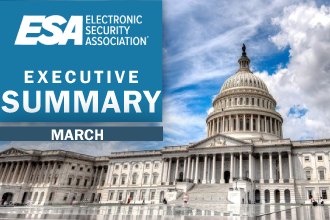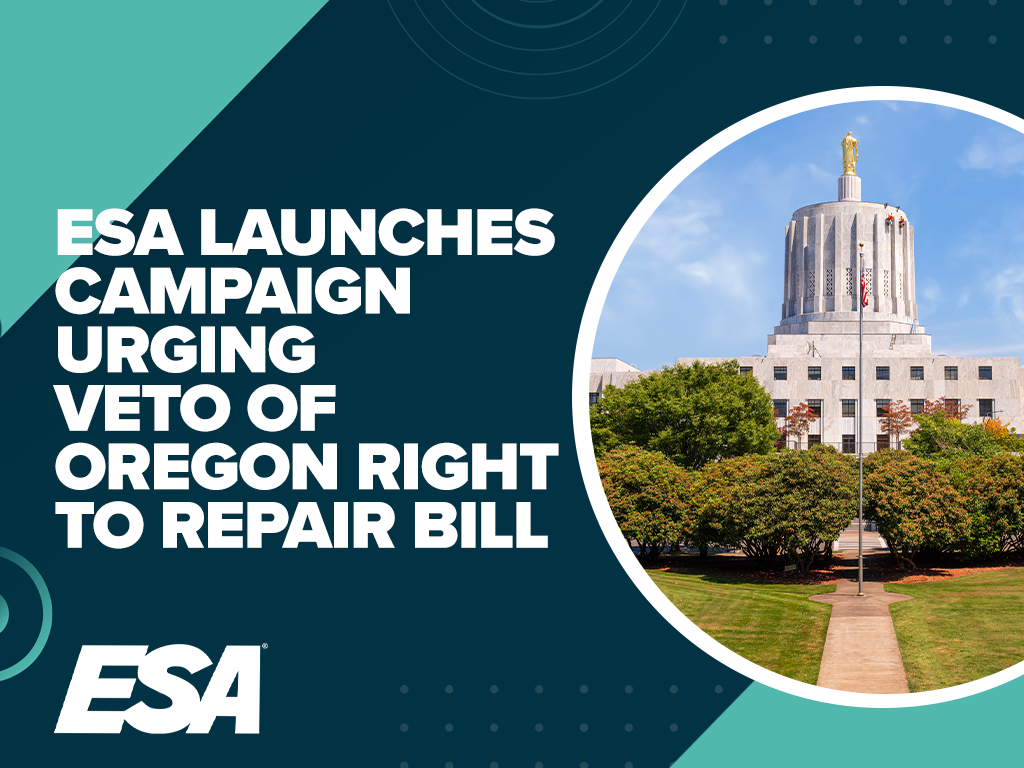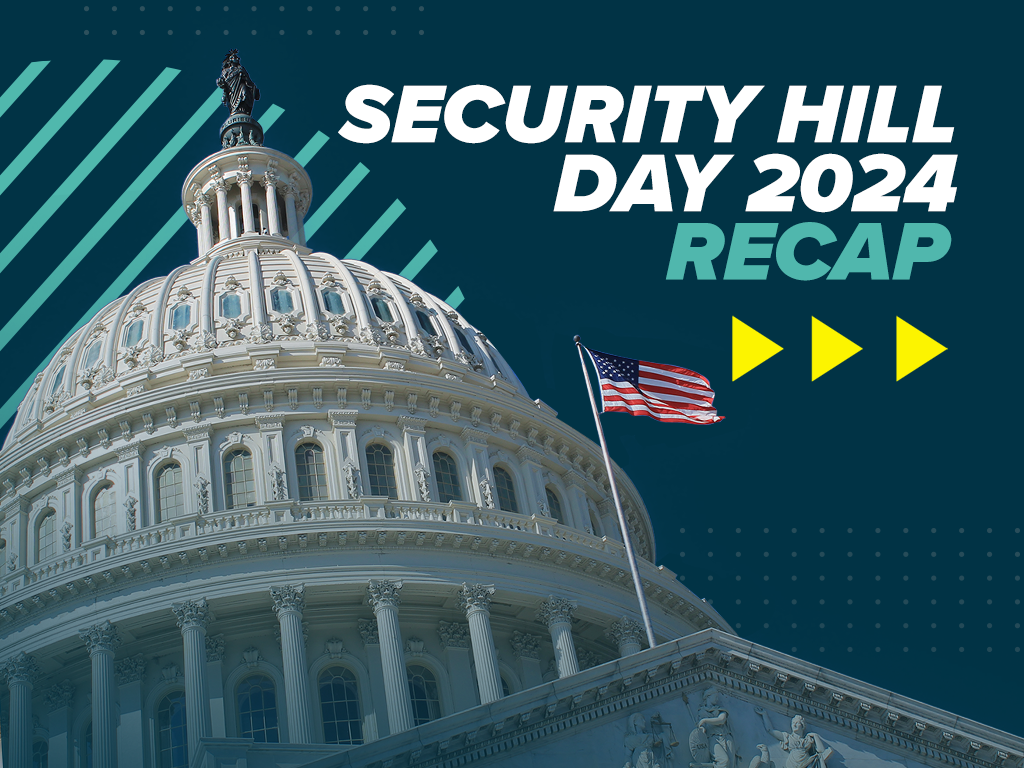March Executive Summary: The Good, The Bad, and the Ugly

March could be characterized as the good, the bad, and the ugly for legislation. We saw legislation across the political spectrum receive considerable attention and some has lead ESA to actively seek members engagement with their elected officials through our advocacy tools. Go to www.esaweb.org/BeHeard for the most up to date campaigns and make sure to let your elected officials know your position on these measures. March could be characterized as the good, the bad, and the ugly for legislation. We saw legislation across the political spectrum receive considerable attention and some has lead ESA to actively seek members engagement with their elected officials through our advocacy tools. Go to www.esaweb.org/BeHeard for the most up to date campaigns and make sure to let your elected officials know your position on these measures.
The Good
ESA strongly supports Tennessee HB 602 and its Senate companion SB 1443, which would prohibit local governments from fining alarm companies for false alarms and prohibit local governments from using alarm companies as their collection agents for local alarm permit fees. This bill received considerable opposition from the City of Memphis because it is that city’s practice to have local alarm permit fees collected by alarm companies, rather than billing end-users for annual permit fees. This bill was heard in committee and reported favorably. We are hopeful it will pass the House soon and receive similar treatment in the Senate.
In Virginia, HB 2720 will authorize the Virginia Public School Authority to issue bonds for grant payments to eligible school divisions of the Commonwealth to be used exclusively for purchasing security equipment for schools, including any related installation, which is designed to improve and help ensure the safety of students attending public schools. The amount of grants provided to each eligible school division is limited to $100,000 for each fiscal year. An aggregate principal amount of $30 million in bonds may be outstanding at any time. This bill was enacted on March 5, 2019.
Kentucky HB 135 is a state version of the ESA supported Freedom of Choice Act in Congress. It will prohibit any agency seeking bids for a public works contract from requiring employers to enter into a labor agreement or prohibit such agreements. This is essentially a “right to work” bill for contractors on public works projects. This bill was enacted into law on March 21, 2019.
The Bad
At the other end of the labor spectrum from Kentucky’s bill is Delaware SB 48-1, Senate substitute for SB 48, which requires all public work contractors and subcontractors, with 10 or more employees to utilize only workers who have been through are going through an approved apprenticeship or journeyman program for any worker with a “craft” recognized by the Department of Labor (which is pretty much any semi-skilled or skilled job imaginable). This bill passed the Senate and was assigned to the House Labor Committee on March 27, 2019.
Another bill in the same vein as Delaware SB 48-1 is Nevada SB 207. This bill prohibits a public body from awarding certain contracts for a public work project to a contractor unless the contractor complies with requirements relating to the use of apprentices or pays a monetary penalty. It adds further requirements on subcontracts for more than 5 percent of the value of the public work project.
Colorado SB 19-196 is another power grab by organized labor. The bill adds several required evaluation factors including the “craft labor staffing plan” for the bidder and the bidder’s subcontractors, the anticipated utilization by the bidder and its subcontractors of apprentices registered with federal or state apprenticeship agencies to complete the work under the contract. For contracts that exceed $1 million, all contractors must submit documentation that all subcontractors used on the project participate in apprenticeship training programs that have been approved by a federal or state apprenticeship agency and have a proven record of graduating apprentices for at least 3 of the past 5 years.
Some legislation in March has lead ESA members to actively seek engagement with their elected officials through our advocacy tools. - Chris Heaton
The Ugly
There are several bills that caused us to wonder if the proponents behind the legislation have really thought it through. Once such bill was Missouri SB 500, which would allow unlicensed persons to engage in any profession or trade without a license if certain disclosures are made that the person or business is not licensed. Missouri was the second state to file such a bill.
Another bill we are actively engaged to defeat is Texas HB 1141 and its Senate companion SB 1004. This bill is an attempt by the Independent Electrical Contractors in Texas to shift licensing requirements for all low-voltage that exceeds 50 volts to the electrical licensing requirements under the Texas Department of Licensing and Regulations. When one contemplates some of the numerous instances where a component of a low-voltage security or life safety installation may involve more than 50 volts, it becomes apparent this would create increased consumer costs and needless redundancies in regulations. ESA joined many other organizations in opposing this legislation and as of today, HB 1141 is left pending in committee after its public hearing.




